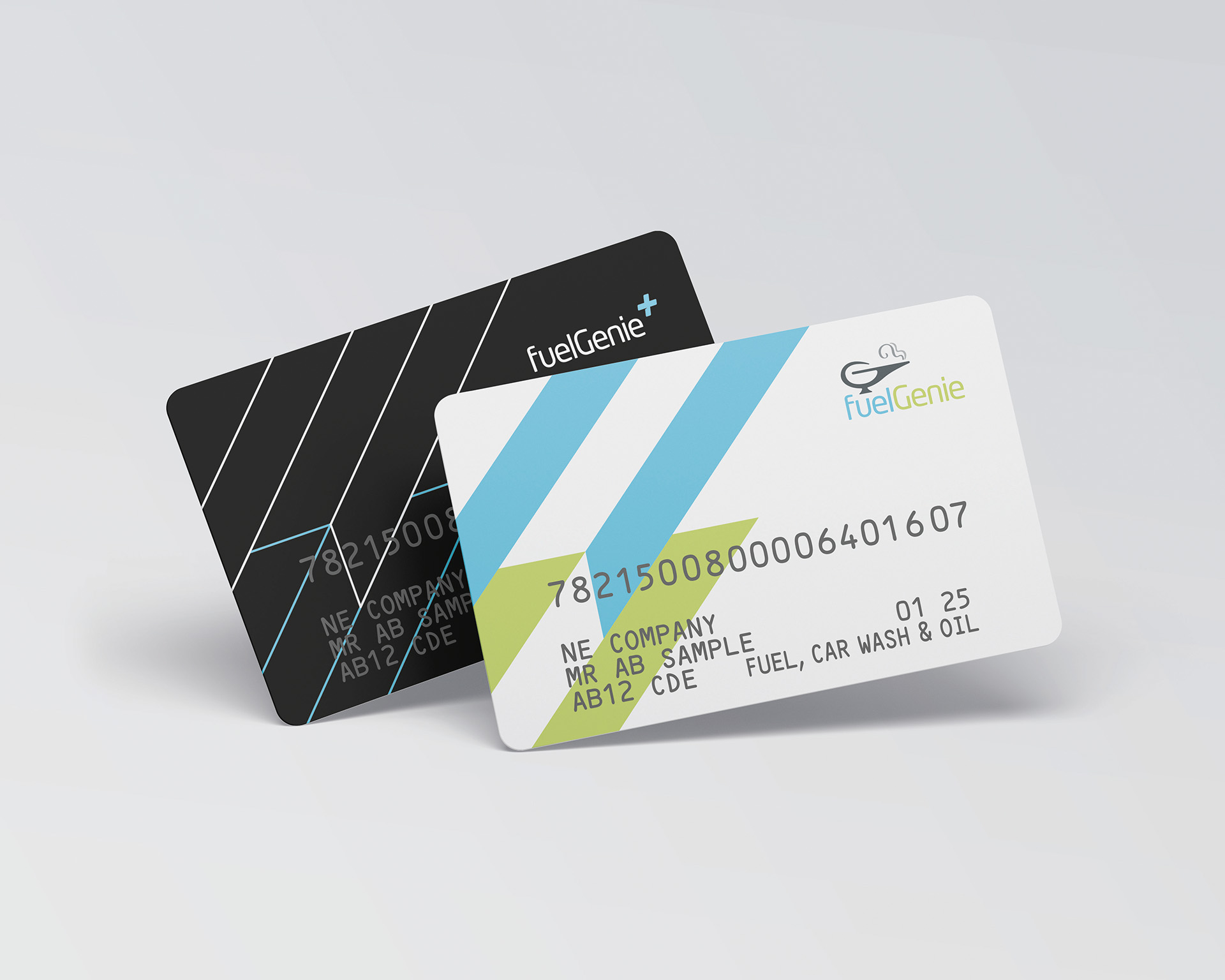Times haven’t been easy for the UK lately, with inflation reaching a four-decade high (a staggering 11.1%) in October 2022. However, 2023 may yet turn out to be the year of recovery the British population so clearly need, as inflation promisingly slowed down to 10.1% in January, representing a third consecutive monthly fall since the peak in October.
The Office for National Statistics confirmed that the decline in the Consumer Prices Index has been driven in part by falls in the price of petrol and diesel. Crucially, the 23% increase in fuel duty that was expected to be imposed today (23rd March) will no longer take place. Instead, the reduction in fuel duty rates that were introduced from 23rd March 2022 will be extended by a further 12 months, which means fuel duty will stay at 52.95p until March 2024.
While lower motor fuel prices will play a role in easing pricing pressures across the board in the long run, it will take time for the benefit to be felt in people’s bank accounts, while businesses still face immediate financial challenges.
One measure that employers and fleet owners could adopt to track spend and manage costs more efficiently is to introduce fuel cards for business vehicles. Having employees refuel at select forecourts using approved fuel cards is a perk that especially small businesses can take advantage of in several ways.
The most immediate benefit is a logistical one, whereby both personal expenses and business travel admin are reduced. Processing fuel receipts can be a tricky and time-consuming task (especially when drivers accidentally misplace them), while some employees may be understandably reluctant to dig into their own pockets to purchase fuel given the current financial climate.
Fuel cards take away the hassle for employees to have to pay for business fuel, while employers are given peace of mind by having the invoice submitted directly to the business, removing the need to manually reconcile fuel purchases and receipts.
Some fuel cards will even offer incentives that drivers and businesses might want to take advantage of. For instance, fuelGenie cards allow drivers to earn supermarket loyalty at Tesco, Morrisons and Sainsbury’s forecourts, which can be put towards other purchases as well as fuel. In a time when the effects of the cost-of-living crisis are still being felt and money can be tight, this is a great way for small business owners to offer rewards to employees without any additional expense.
Fuel cards may not be able to single-handedly solve the issues that have stemmed from the fluctuating fuel prices of the past year but, with their ability to help reduce costs and maintain a profitable operation, they will play a key role in alleviating some of the financial burden for business owners.
With a network of over 2,200 petrol stations available including most Shell forecourts, fuelGenie’s fuel cards can be used by a range of UK businesses with fleets, from SME’s to large companies. For more information on how to apply, click here.
Tony Burgess, Director – Merchant Network at fuelGenie








